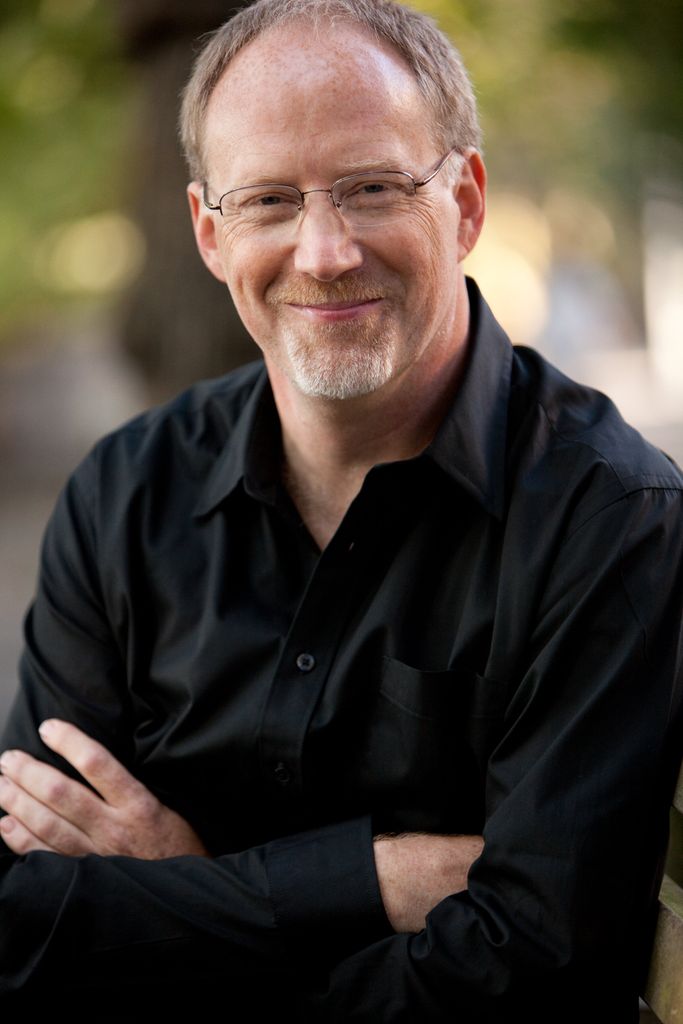Faculty Feature: Wendy Goldberg

Faculty Feature: Wendy Goldberg
Described by American Theatre Magazine as “one of the most promising theater artists working today,” Wendy Goldberg, professor of directing at BU has established herself as one of the leading directors in the nation.
As Artistic Director of the National Playwrights Conference at the Eugene O’Neill Theater Center for 16 seasons, under Goldberg’s tenure, the O’Neill was awarded the 2010 Regional Tony Award, the first play development and education organization to receive this honor as well as the 2016 National Medal of Arts from the White House.
In the CFA Faculty Feature, Goldberg explains the role and importance of the director in a theatrical production and shares the benefits for aspiring directors to choose a program like BU’s directing program.
Q&A
WITH WENDY GOLDBERG
CFA: What does a director do?
Goldberg: The director is the primary collaborator on a production. The director is the person who needs to bring all the other collaborators together to tell the story. This requires a lot of conversations and time spent listening to writers, designers, and actors – all of the people we put in a room to make the play. The director is the captain of the ship moving a group of collaborators into a production. The director and the writer are the primary storytellers.
The director is the captain of the ship moving a group of collaborators into a production.
CFA: As an audience member, what should the director do for me?
Goldberg: If a director’s job is done well, it is a somewhat invisible touch on the production. As an audience member, you are experiencing all the elements – the design, acting, and storytelling, seamlessly. This allows the audience to feel lost in the story, totally immersed during their time in the theater.
CFA: What has excited you most about working with BU directing students so far?
Goldberg: I am really impressed with the level of acting training here [at BU] and I think our directors benefit from having such actors. The graduate programs in design are excellent here as well. Directors are only as good as their collaborators and to have programs that are operating at this high level is special for our directing program.
CFA: What do you look for in a directing applicant? Do they require theatre experience?
Goldberg: I do think it’s important for applicants to have some professional theater experience along with their academic background. Trying to forge a life in the arts and figuring out how to do that takes a lot of resilience, curiosity, and courage. Those are some of the traits we’re looking for. It’s a difficult field. Having been out in the world and having a sense of the challenges is important. Also, having an idea of what you want to do is important. Unless you’ve lived some of your life outside of an academic institution, it’s hard to know what a life in the theatre is like.
CFA: Why should a director choose BU’s directing program?
Goldberg: What I really like about our program is that there are a lot of production opportunities, coupled with intense classwork. There is a good balance here between being in rehearsal and being back in the lab [classroom] working on aspects of the rehearsal process. There’s also room in the program for students to augment their program with additional work in design or acting. We fine-tune each student’s program to meet their needs, interests, and goals.
With my arrival here, we’re building more ties to the professional world. There are mentorship opportunities. Students are meeting a lot of theater people who are leaders in the field. We also have assisting and observational opportunities in the professional theater world. I run a company while I am doing this. That helps too because we focus on artistic direction and leadership training. Students have the opportunity to learn all aspects of running a non-profit theatre company. This is really unique to our program. That’s not offered at a lot of places. The opportunity to focus on artistic direction or leadership or some of both is available here.
What I really like about our program is that there’s a lot of production opportunities, coupled with intense classwork. There is a good balance here between being in rehearsal and being back in the lab (classroom) working on aspects of the rehearsal process. We’re also building more ties to the professional world. Students are meeting a lot of theater people who are leaders in the field.
CFA: Why should someone choose BU over a program in a more rural part of the country where their program is the theatre generator for the area?
Goldberg: In Boston, the many arts organizations here feed off each other. In the College of Fine Arts alone, students have the opportunity to work with the next great musicians and visual artists. There’s a lot of creative energy here which helps to expand and open your vision of what’s possible. You can be endlessly inspired here. You’re not looking at a few artistic offerings. You can work within CFA and around the city. Other cities are a short train ride away where you can go to hear work, see work, and visit museums. As an artist, it’s very important for you to see what’s going on out there and to be inspired.
CFA: If being in a city is important, why not go to New York?
Goldberg: I think it’s great that we have proximity to New York. In a theater community that’s a bit smaller than New York, you’re bound to have more opportunities to be known. There are a lot of small companies that are flourishing in Boston. To get larger opportunities, people need to see your work. You could work years in New York before people in the field really see what you’re doing. You can wrap your arms around Boston whereas, in New York, there are things happening all over the place.
I cut my teeth as a young director in Washington D.C. and it’s a similar profile to Boston’s. There’s several tiers: midsize houses, large houses, and touring companies. And then there’s this great assortment of smaller companies where you’re often going to get your first job. People from Boston’s mid-sized companies will come see your work. That’s not always the case elsewhere. The cultural landscape is crowded in New York. In this way, Boston reminds me of Washington D.C.
This Series
Also in
Faculty Features
-
December 12, 2023
Faculty Feature: Daniel Parsley
-
September 6, 2023
Faculty Feature: Nancy Goeres
-
March 29, 2023
Faculty Feature: Rébecca Bourgault

Learn more about BU’s Directing Program
BU’s MFA in Directing allows students to explore creative collaborations with actors, designers, and playwrights. Discover the opportunities available, like directing professionally produced shows at BU, read about our entire directing faculty, and see where our alums are now!

